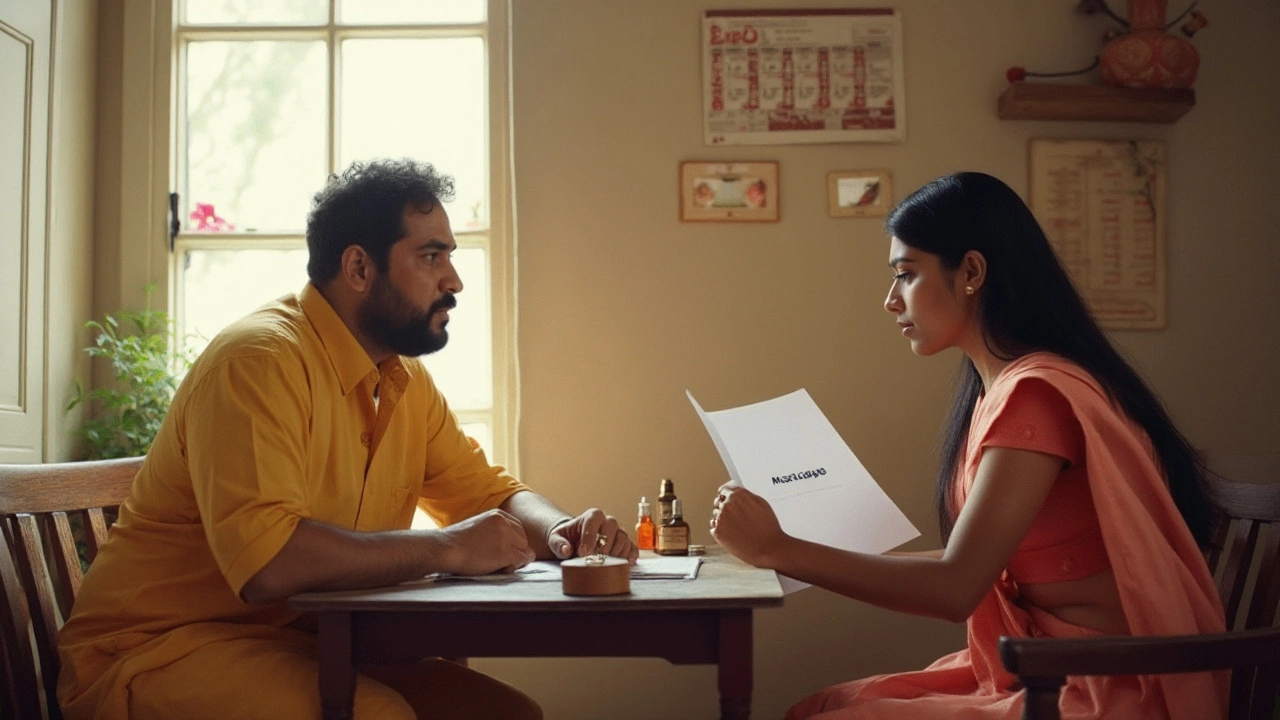Living Without a Mortgage – Simple Ways to Own Your Home Debt‑Free
Ever wonder if you can skip the huge loan and still call a house yours? You’re not alone. Many renters and first‑time buyers feel trapped by long‑term debt, high interest, and strict approval rules. The good news is there are real, doable routes to own a property without signing a mortgage.
Why Go Mortgage‑Free?
Mortgage payments eat up a big chunk of your paycheck. When the loan ends, you finally own the place, but that could be 20‑30 years later. By avoiding a loan, you keep cash flow flexible, reduce stress, and protect yourself from interest spikes. You also sidestep the risk of foreclosure if something unexpected hits your income. In short, living mortgage‑free can give you more financial freedom and peace of mind.
Practical Paths to a Debt‑Free Home
1. Rent‑to‑Own: This model lets you rent a property while building equity. Part of your monthly rent goes toward a future purchase price, and you usually lock in the price now. Look for reputable rent‑to‑own sites or talk to agents who specialize in this option. It’s a way to test a home before fully committing, and you avoid a big loan upfront.
2. Save Aggressively: Set a clear target for the purchase price and break it into monthly goals. Automate transfers to a high‑yield savings account or a short‑term investment fund. Cutting discretionary spend—like eating out or unused subscriptions—adds up fast. In a few years, you could have enough cash to buy outright.
3. Use the 5% Rule: The 5% rule compares the cost of renting versus buying. If the total cost of owning (including taxes, maintenance, and opportunity cost of cash) is less than 5% of the home price, buying may make sense. Apply this rule with your cash‑on‑hand to see if a mortgage‑free purchase is financially smarter than continuing to rent.
4. Partner with Family or Friends: Some people pool resources with relatives or close friends to buy a property together. Everyone contributes a share of the down payment and splits ownership. Make sure you have a clear agreement on usage, expenses, and what happens if someone wants out.
5. Look for Owner‑Financing: In some markets, sellers are willing to finance the purchase themselves. You sign a contract, make monthly payments directly to the seller, and avoid bank paperwork. Interest rates can be lower, and the terms are negotiable.
6. Consider Smaller or Fixer‑Upper Homes: A modest property or a house that needs renovation often costs far less than a move‑in ready home. You can buy it outright, fix it up over time, and even add value for a future sale.
When you choose a path, keep these tips in mind: do the math, check local laws, and get a professional inspection. Even without a mortgage, you’ll still have costs like property tax, insurance, and maintenance, so plan for those in your budget.
Living without a mortgage isn’t a fantasy; it’s a set of practical choices. Start by assessing how much you can save each month, explore rent‑to‑own listings, and run the 5% rule on any property you eye. With patience and smart planning, you can own a home outright and enjoy the freedom that comes with it.
Explore the Duration of Living Mortgage-Free in Your Home
by Arjun Mehta Dec 22 2024 0 Real EstateNavigating the uncertain waters of living in your home without immediately settling your mortgage payments can be crucial for homeowners. While it might sound appealing, understanding the legal implications, timelines, and risk of foreclosure is essential. Comprehending how lenders operate and your rights can save you from facing unexpected evictions. Discover the factors that influence how long you can stay in your home without making mortgage payments and strategies to manage this period more effectively.
READ MORE